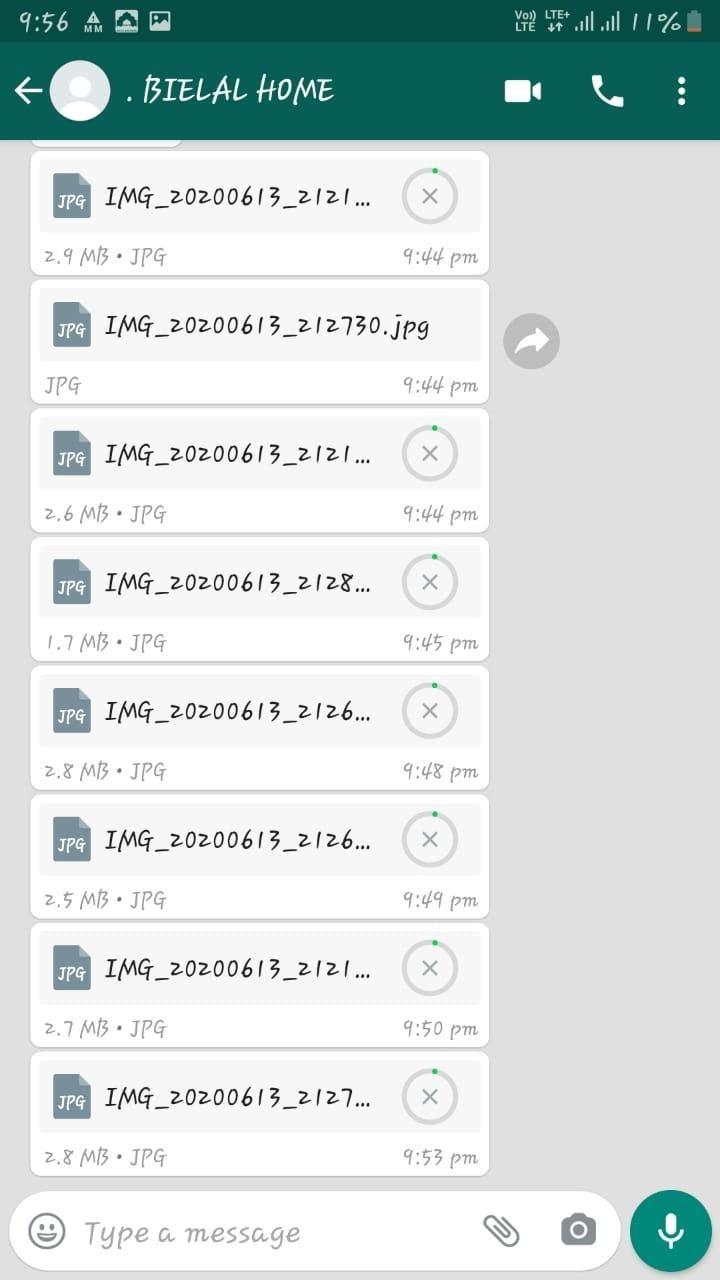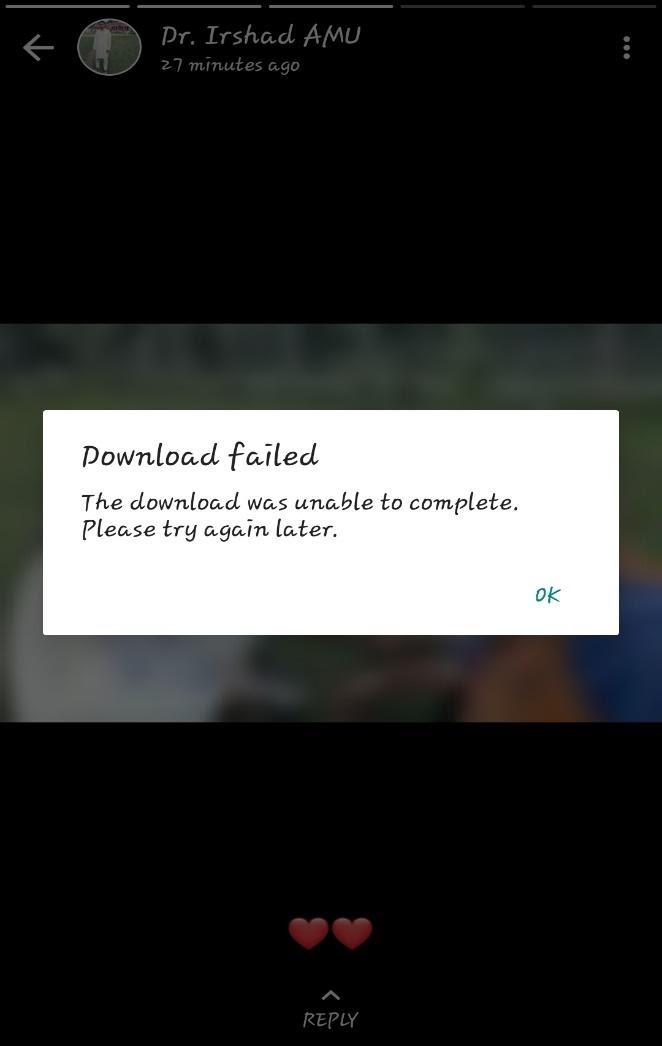2G in the Times of 4G: Unending Lockdowns Take Toll on Kashmiri Students

Image courtesy: Shabeer Ahmad, Hajin Bandipora, Kashmir (June 7, 2020)
At a time when the country has access to 4G high-speed internet and is conducting webinars and online classes during the lockdown, Kashmir continues to be discriminated against, particularly in terms of basic access to mobile telephony and internet. In the now truncated union territory, the terms lockdown and uncertainty have become a permanent part of the lives of its residents. Since the abrogation of Article 370, the student community of Jammu & Kashmir has been suffering immensely due to the double whammy of communication blackouts and educational institutions remaining shut for infinity. The euphoria surrounding online classes dies down in a land where the internet is restricted to 2G services.
Governmental guidelines on online classes cannot be implemented in Kashmir and this takes a heavy toll on the students there. Almost all applications and interactive software that can facilitate video conferencing and interaction are reliant on 4G and those with no access are left behind. Madhubala, a resident of Kathua district of Jammu, who is a Ph.D. student and preparing for the National Eligibility Test (NET) to qualify for the job of an assistant professor says,"[O]nline classes here in J&K are nothing more than an eyewash. Students from across the country are getting benefitted, but here, we’re left grappling with 2G. The government must open its eyes to our woes.”
Teaching and learning in the UT has been reduced to recording audios and short video clips and sharing them with students on WhatsApp who would need to struggle for hours on end to download them. A video clip of 10-15 minutes might take days to download and both teachers (as senders) and students (as receivers) have to wait for hours to upload/download an audio clip of 25-30 MB over WhatsApp using the limited speed of a 2G connection.
“We teachers are tremendously aggrieved because of this poor internet speed and we aren’t able to communicate our lectures properly. Initially, the number of students who were trying to connect to these classes was good, but now the numbers keep falling every day,” says Naseer Ahmad, a high school teacher from Bandipora. Ahmad also urged the government to restore internet services so that children of Kashmir could also be aided with online education till the lockdown is in place.


There has been a significant increase in the use of video interactive software like Zoom and Google Meet for conducting online classes and seminars. At the same time, the students of the erstwhile state of Jammu & Kashmir continue to face institutionalised discrimination compounded by the new administration of J&K which claims that "2G internet doesn't pose any hindrance" in fighting the pandemic.
It is also unfortunate to see the apex court's refusal to pass any order to restore 4G internet services in the state. The court has left the decision to the Home Ministry, which in the first place has imposed the restrictions and does not intend to lift them anytime soon. The plea in the Supreme court had challenged the internet blackout by urging that "our contention was to allow us to have online schooling…".
"The lockdown for us is not something new. We have been witnessing and withstanding a lot of them for many years now. Our schools and colleges on average remain closed for four-five months each year. But, it looks like the central government doesn't want us to use even these limited resources, and that’s extremely painful," adds a Srinagar-based research scholar who wanted to remain anonymous.
While political unrest has meant that education is to suffer at the hands of restrictions, internet shutdowns, and curfews, the pandemic has taken a toll on those students as well who had to return to their homes in J&K following the closure of their institutions and universities. They now cannot participate in online classes and webinars unlike the rest of their classmates.
Many experts have termed the central government’s decision to restrict the internet as “clear violation of constitutionally guaranteed rights of equality of opportunity in Article 16, and right to information which is defined as a fundamental right in article 19”. Kashmiris, as citizens of India, would require the same access to resources which is enjoyed by the rest of India. So, the question arises: does the government even consider Kashmiris 'citizens of India?’
Similarly, the media and the mainstream political voices of the country need to be questioned on their silence on this selective discrimination faced by citizens of their own country. This differential treatment only enhances the sense of alienation among the youth in Kashmir.
While appreciating the need to ensure security in the volatile region, it is not in the interest of the nation to keep the students and youth of Kashmir cut off from the rest of the country and deny them opportunities by exacerbating the digital divide.
The author is a doctoral student in the Department of English at Garhwal University, Srinagar, Uttarakhand. The views are personal.
Also read: How the Lockdown Destroyed Children’s Nutrition Programmes
Get the latest reports & analysis with people's perspective on Protests, movements & deep analytical videos, discussions of the current affairs in your Telegram app. Subscribe to NewsClick's Telegram channel & get Real-Time updates on stories, as they get published on our website.
























